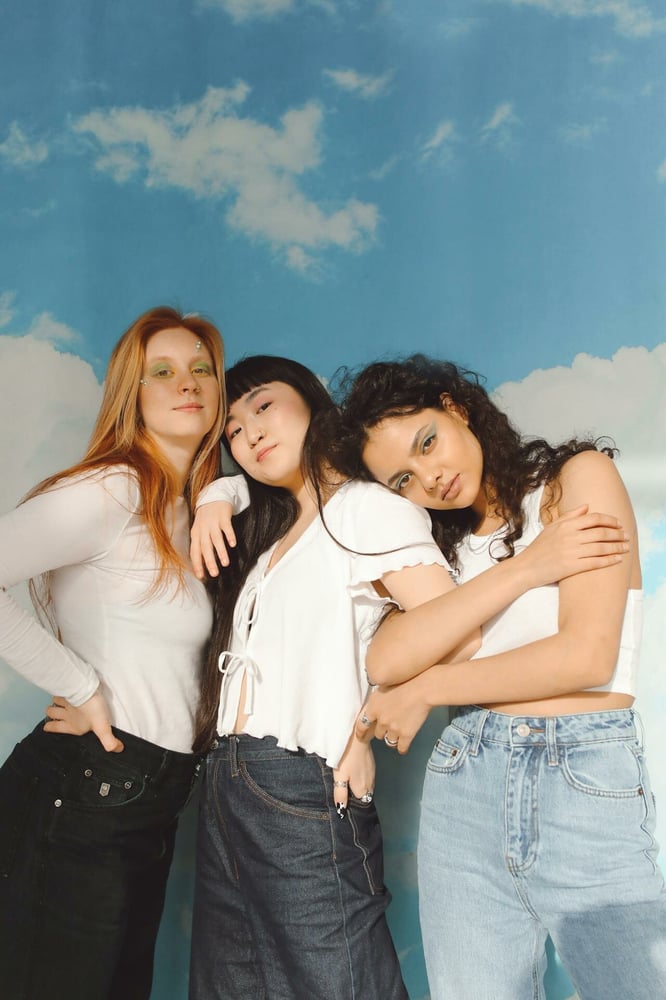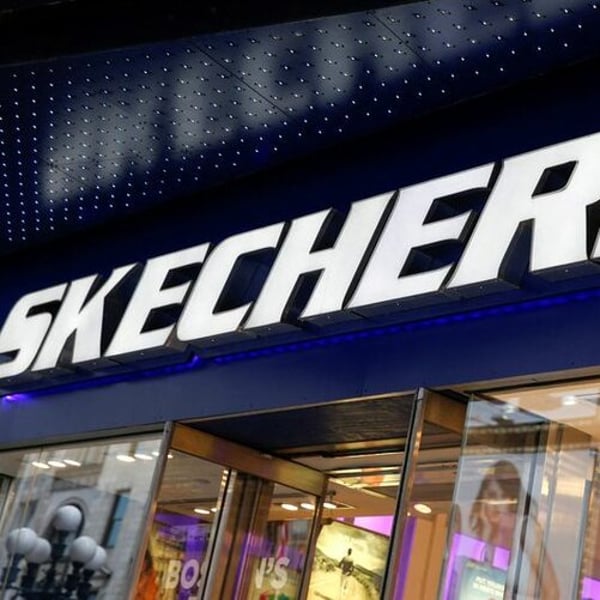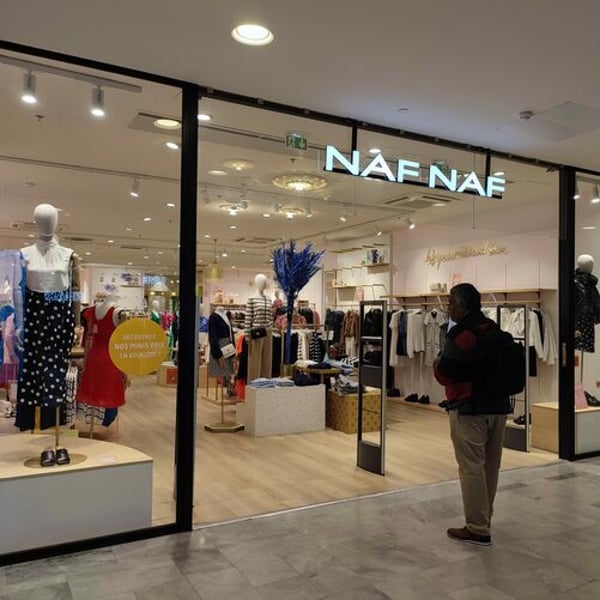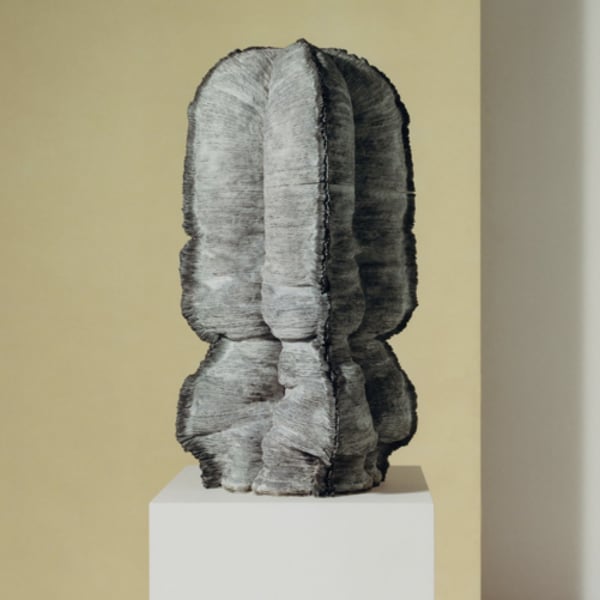Any marketer who fails to distinguish between Gen Z and Millennials is making a big mistake with a new report showing that the approach to brand discovery varies between the two key demographics.

And while the variation isn’t always huge, even small percentage differences can have a big impact on the relative success of campaigns or product launches.
Socially Powerful, a globally-focused London-headquartered social and influencer marketing agency, has released the first instalment of its Gen Z Vs Millennials: The Data Gap series as it aims to answer the question: who truly drives purchasing decisions – influencers or peers?
It said Gen Z is a generation “shaped by influencer culture”. Raised on platforms like Instagram, TikTok, and YouTube, these consumers “show a clear inclination towards influencer-driven content. This content type isn’t only pursued for entertainment purposes, but also for advice, inspiration, and product discovery”.
We’re told they’re “20% more likely than Millennials to be influenced by endorsements from celebrities or influencers, underscoring a crucial emerging trend: for Gen Z, influencers are not secondary to the consumer journey”.
And 20% of them also use this content to discover new brands and products, compared to 17% of Millennials. The agency said the “gap may seem narrow, but in a competitive marketplace, these percentage points can translate into meaningful shifts in campaign performance”.
Gen Z is also 20% more likely to follow influencers or other experts on social media compared to Millennials, “amplifying the reach and resonance of influencer partnerships for this age group”.
The agency said that “this behavioural pattern amplifies the reach and resonance of influencer partnerships for this age group, adding another key pillar to the understanding of the differences in brand discovery by generation. If you’re looking to target this generation or age groups within, consider opting for creator-led storytelling over traditional digital ads to get your messages and promotions across”.
As for Millennials, this is a “cohort anchored in personal recommendations,” we’re told. They “tend toward peer-based recommendations over those from influencers, offering a great contrast in brand discovery by generation. As a generation non-native to social media and the internet as a whole, they place greater trust in their inner circles”.
Millennials are 7% more likely than Gen Z to rely on word-of-mouth recommendations from friends or family and while 26% of Gen Z discover new brands and products via personal recommendations, this is slightly outpaced by 28% of Millennials.
Again, those numbers don’t look hugely different but the agency said that “even the narrowest of percentage gaps can make all the difference in succeeding with brand discovery by generation. This data indicates that while both generations value peer input, Millennials are more likely to act on it. For marketers, grappling with a successful word-of-mouth strategy means leveraging referral programs, community building, and campaigns that encourage UGC as social proof”.
Socially Powerful also said that “while the consumer journey in general looks different according to generation, an interesting nuance emerges when examining specific verticals such as beauty, cosmetics, and wellness, deeply intertwined with influencer marketing”.
We know Gen Z has a penchant for brand and product discovery through their favourite online influencers but they still seem to like physical discovery. “When placing this under a beauty-tinted lens”, 41% of Gen Z cite physical stores as an important channel when learning about and buying new beauty products, the report said.
It added that “perhaps this suggests that solely promoting and selling solely on social media will only get brands so far. Instead, marketers and brands within the beauty space must recognise the importance of an omnichannel strategy if they want to see broad success.”
Copyright © 2025 FashionNetwork.com All rights reserved.






